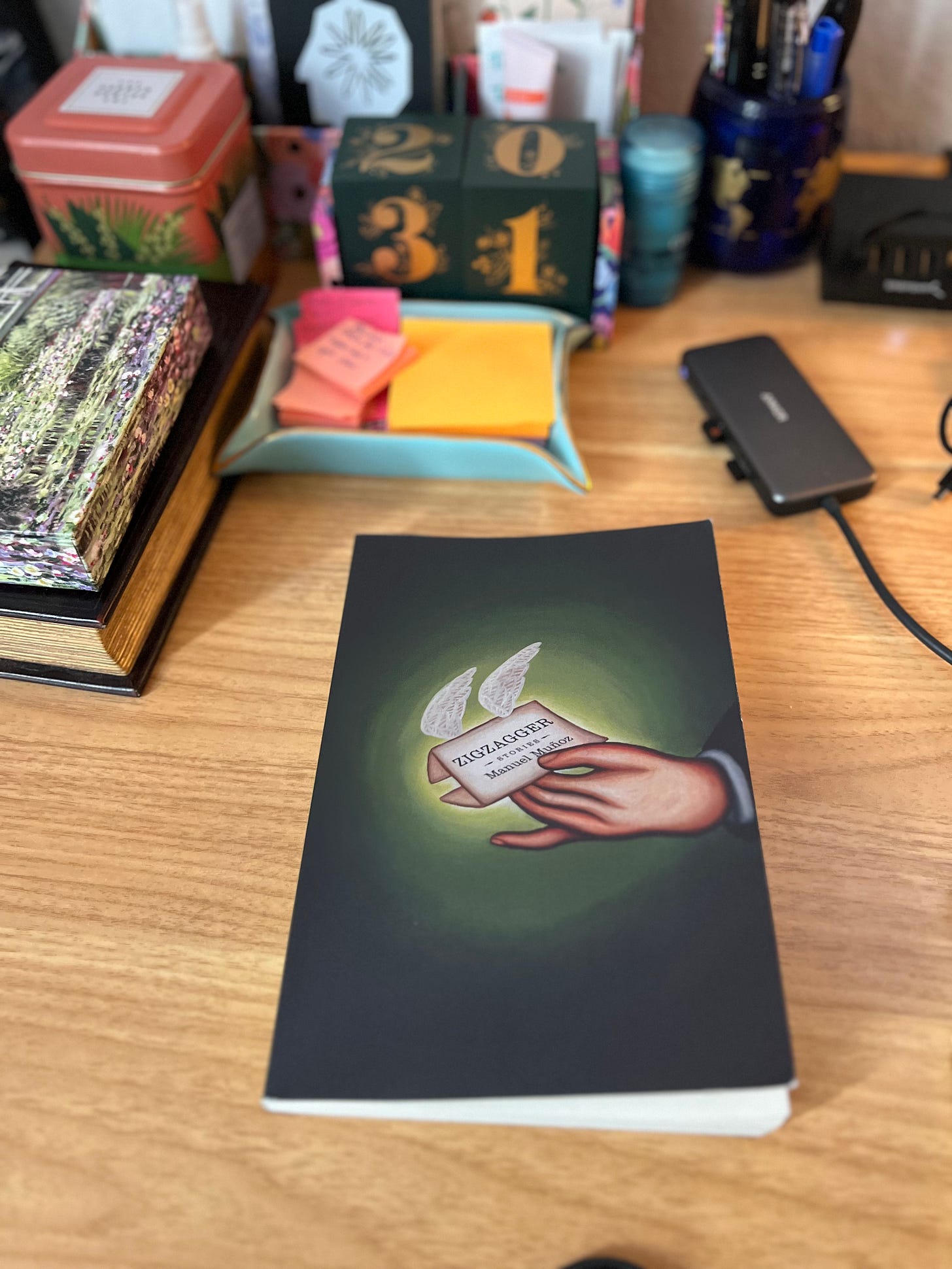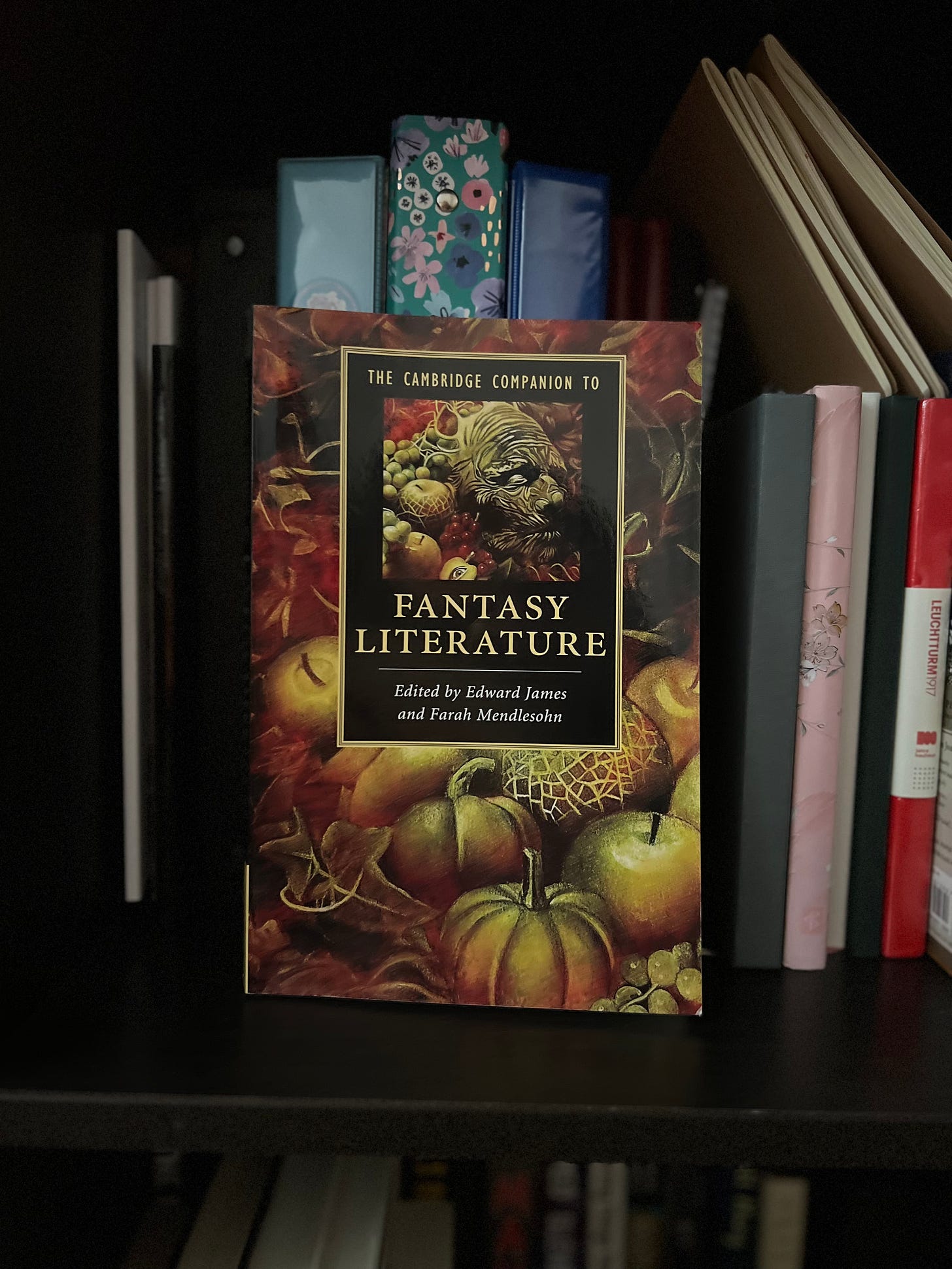Five pieces of media that helped me write 33,004 words in the last two months.
This is what I watch, listen to, and read to get my creative juices flowing.
I’ve written before on how the trick to get me writing is to consume writing content. The content could be another writer’s blog or vlog about their novel-writing experience. It could be books on how to write. It could be prose that I want to emulate.
For this post, I wanted to share some of the best media I’ve been consuming lately. They helped me reach a word count 33,004 for my sci-fi novel as of Friday. Maybe something here will inspire you on your writing journey. (Headers below are hyperlinks).
Christy Anne Jones Youtube Channel
I love Christy’s vlogs because in addition to being a writer, she’s a visual artist. Her videos are beautiful to look at, and the atmosphere she creates around herself and through her video is calming, nurturing, and inspiring. No writer’s space needs to be perfect. But seeing how she works makes me realize that lighting a candle, getting a cup of tea, and setting some mood-lighting can really rev up my writing juices.
The Next Novel, a Substack by Shayne Terry
A couple weeks ago I wrote a ranty post about how everything I was consuming seemed to be ad copy. I felt really put off by the posts I kept seeing getting a lot of attention on Substack.
I took another Substacker’s sage advice and started muting the notes that I didn’t want to see (like how to grow my Substack following and all that blah blah). And, I proactively looked for the content that I needed in my life. Upon reflection, I realized that I needed to get inside another novelist’s head and understand how they handle the work—like all the nitty gritty hard parts of it.
I queried “novel” on Substack’s search bar and The Next Novel, by Shayne Terry came up as the third result. Finding it has been epic.
I have been binging Shayne’s posts nonstop, starting from the first one she published sometime in 2021, because it’s such a delight to see someone deep in their novel-writing process. There’s nothing quite like working on a big project like writing a novel, and it’s just so affirming to see how Shayne deals with all of the internal obstacles (self doubt, getting lost in the story, second-guessing intuition about what makes the story good, cutting extraneous material) and external obstacles (limited time, other pressing duties like motherhood, life administration) that come up.
I’m shocked she hasn’t put up a pay wall and I’ve just been mining her posts like a treasure trove. Perhaps she should start charging—I would pay (are you seeing this Shayne? I would pay!) I could go on about how terrific her posts are. Never too long. They are pithy and revelatory and I am eating it up.
Zigzagger by Manuel Munoz
I have this book on my desk and pick it up to read a few pages when I’m feeling stuck. It’s a series of short stories and flash fiction pieces that take place in California’s central valley and explores rural life, Chicano culture, religion, mythology and sexuality. Munoz is a MacArthur genius fellow and when you read his words, you’ll understand why.
The flash fiction piece inside Zigzagger called “The Wooden Boat” may be the most beautiful flash fiction I’ve ever read and it barely takes up half a page. His writing sets a mood, an atmosphere, and absolutely takes you to another place. I highly recommend giving it a read if you want an example of the type of writing the rest of us mere mortals can only aspire to.
I would not have discovered Munoz work were it not for Rob Williams, my Creative Writing professor at Skyline College.
The Cambridge Companion to Fantasy Literature by James Et Al.
It’s wild to me that I’m enjoying reading an academic textbook analyzing the development and structure of fantasy fiction. I’m not even writing a fantasy novel—I’m writing sci-fi. Still, this collection of academic essays tracing the development of speculative fiction has been fascinating.
I won’t lie, the writing is very erudite and not very clear at times. I like to read it at bedtime. It’s engaging enough for me to look forward to picking it up. But not so engrossing that I can’t eventually put it down and go to sleep.
The book has proven to be so valuable to me because it’s a systematic analysis by really smart people who have thought about fantasy stories rigorously for their career, and are attempting to answer questions like: what makes a given story a fantasy? What makes the fantasy story good?
Reading this book is giving me the language and vocabulary to articulate what I like in the fantasy books I read, what I don’t like, and why.
As for my writing, it has helped me think more broadly about how I could make my book innovative in the genre of science fiction, and how I might rely on science fiction tropes to deliver what a reader might expect but also challenge them. I plan to read the Cambridge Companion to Science Fiction for more information relevant to my novel’s anticipated genre.
Tomorrow, and Tomorrow, and Tomorrow by Gabrielle Zevin
I saw this book pop up in Spotify audiobooks and decided to see what the big deal is. (Spotify lets you listen to a certain number of audiobook hours for free as part of the premium subscription model, so I had a no-risk way to preview it.)
I have to say, the book is somewhat living up to the hype. It’s a story about two video game designers in the 90’s and how the games they create are in some ways allegories to their actual lives. The designers use their hardships as a way to create compelling characters in their video games, and in this way Zevin also cleverly explores the characters in the book.
The book is well-written, and the author does a good job of keeping the narrative going while still taking meaningful deviations from the main plot to explore each character’s backstory (or their “misbelief”).
In my own writing I’ve been struggling to understand how much backstory a novelist can add without slowing down the main plot. In reading this book I’m learning that the answer is: a lot, as long as it’s done well.
That’s all for now. See ya’ll next Tuesday.
Noor









'I have been binging Shayne’s posts nonstop, starting from the first one she published sometime in 2021, because it’s such a delight to see someone deep in their novel-writing process.' This basically applies to what I'm doing with your Substack. It's been such a treat!
The book sounds interesting and I will be adding it to my Amazon cart.